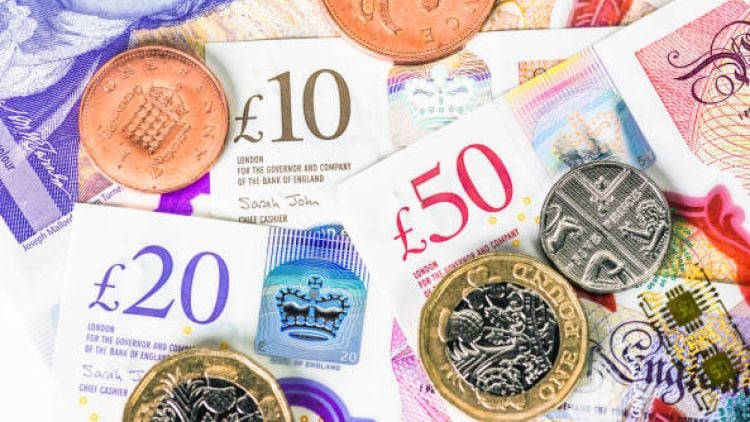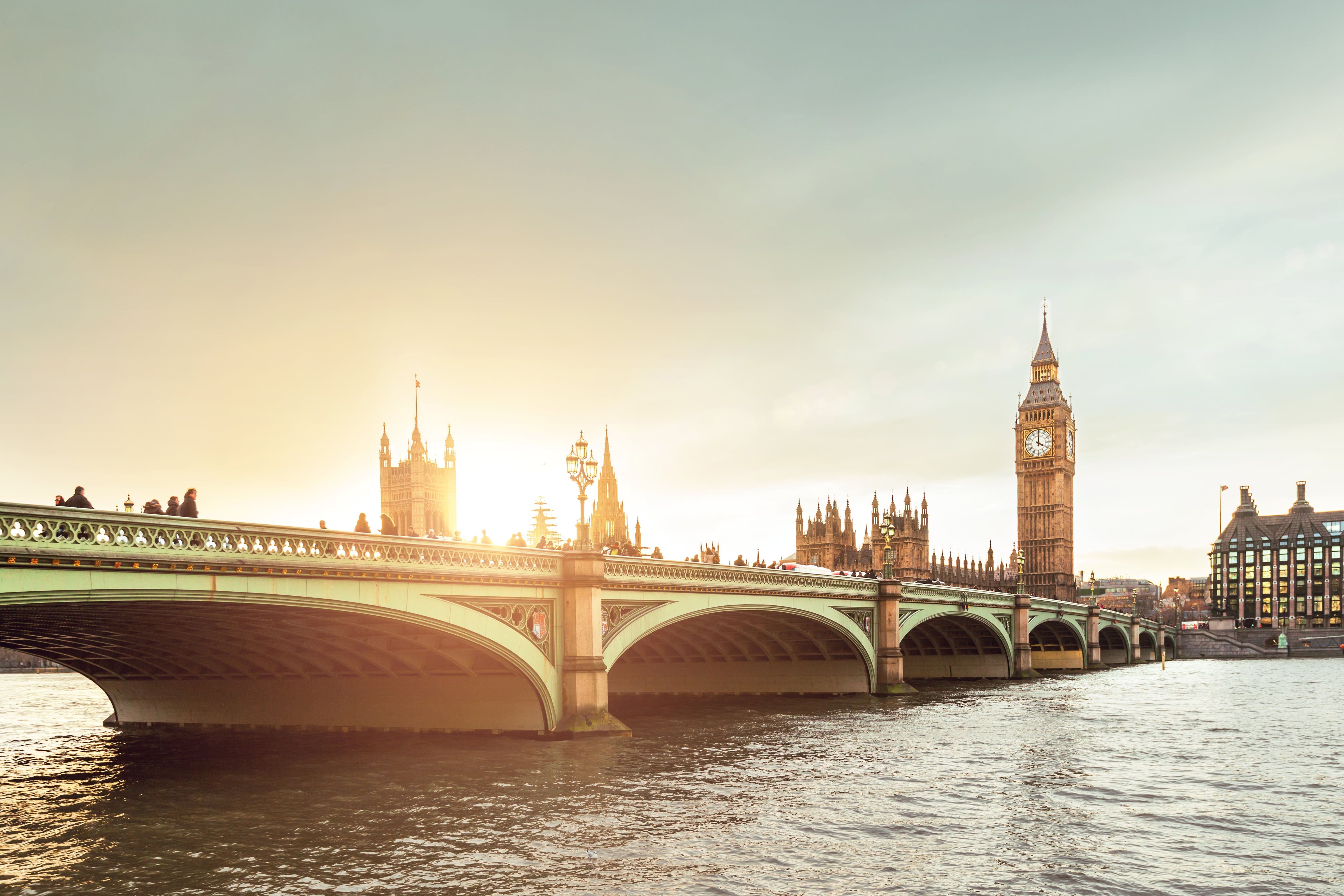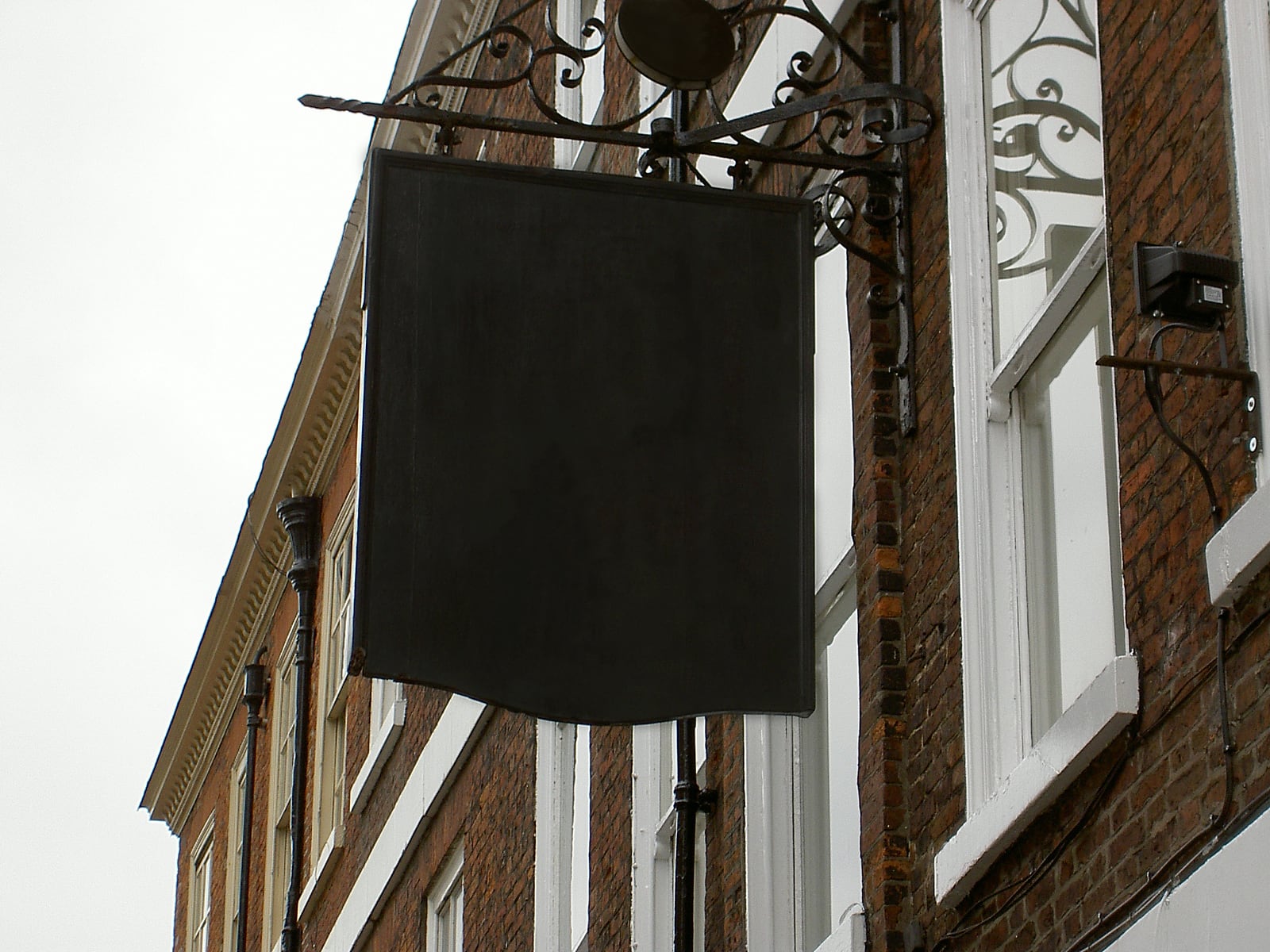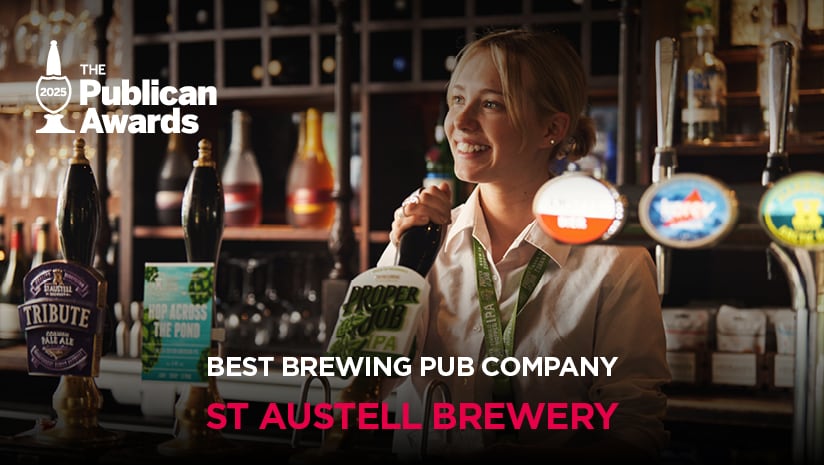From the start of the new financial year (Tuesday 1 April 2025), the business rates discount will end, as announced in the Autumn Budget last October.
Analysis from global tax and software firm, Ryan, showed businesses could see their tax demands soar by 140%.
It means a small pub could see bills rise by between £3,938 and £9,451 on average, according to the figures from Ryan.
However, it is not just business rates that will jump tomorrow.
Pubs in the UK will face several significant cost increases due to recent Government policy changes, including National Insurance.
Despite repeated calls from the sector to reverse the NI tax hike, during the Spring Statement last week, the Chancellor asserted measures announced in the October Budget were “non-negotiable”.
The rising bills set to hit businesses from tomorrow:
Employer National Insurance Contributions (ENICs)
The rate for ENICs will rise from 13.8% from 15% from 1 April and the annual salary threshold at which employers begin paying NICs will decrease from £9,100 to £5,000.
Shortly after the figures were announced by Chancellor Rachel Reeves in the autumn Budget last year, trade body UKHospitality (UKH) warned the measures could result in a £3.4bn cost hike for the hospitality sector.
Meanwhile, financial advisory firm PLS managing director Eddie Murphy estimated an employee on an annual salary of £30,000 will cost £866 more to employ.
National Living Wage (NLW)
The NLW for workers aged 21 and over is also set to increase from 1 April, by 6.7%, from £11.44 to £12.21 per hour.
It means the annual wage cost for a full-time employee working 38 hours per week will rise by approximately £1,031.58.
Alongside this, the national minimum wage for those aged between 18-20 will increase by 16%, from £8.60 to up to £10 an hour. Wage rates for under 18s will also rise by 18%, from £6.40 to £7.55, with the same rates applied to apprentice wages.
Reduction in business rates relief
The current 75% business rates relief for retail, hospitality, and leisure sectors will be reduced to 40%, with a cap of £110,000 per business from April.
It is expected to result in 140% increase in business rates bills on average for more than 250,000 high street premises in England. For pubs, the average annual business rates bill is projected to rise from £3,938 to £9,451.
Combined with cost increases across the board, this has been anticipated to have a substantial impact on the financial viability of pubs, potentially leading to higher prices for consumers and challenging operational decisions for operators.
Water bills
As part of OFWAT’s £104bn plan to improve water companies’ services, bills for business customers, including pubs, will rise by 42% before inflation over the next five years.
Bills will start to see an uptick from 1 April this year, when the new billing year for 2025/2206 begins, the industry regulator OFWAT recently confirmed. Read more here.
Extended Producer Responsibility (EPR)
EPR aims to hold producers responsible financially and/or operationally for their recycling responsibilities.
Producers are required to meet these costs from April after legislation came into force to underpin the scheme at the beginning of this year.
The levy is charged to suppliers and is being passed onto hospitality venues, which also pay to recycle the products commercially.
Under the new rules, glass packaging sold within pubs will be classified as household waste, despite already being recycled under commercial waste arrangements.
UKHospitality (UKH) estimated the scheme will cost the sector millions while individual pubs will see cost hikes of about £2,000 a year.





